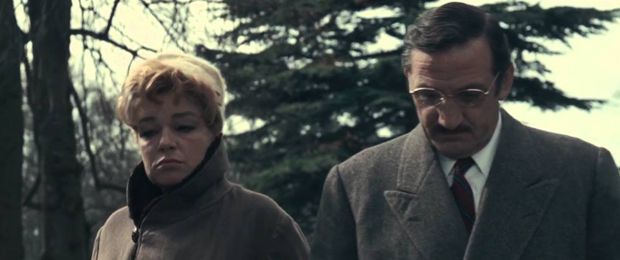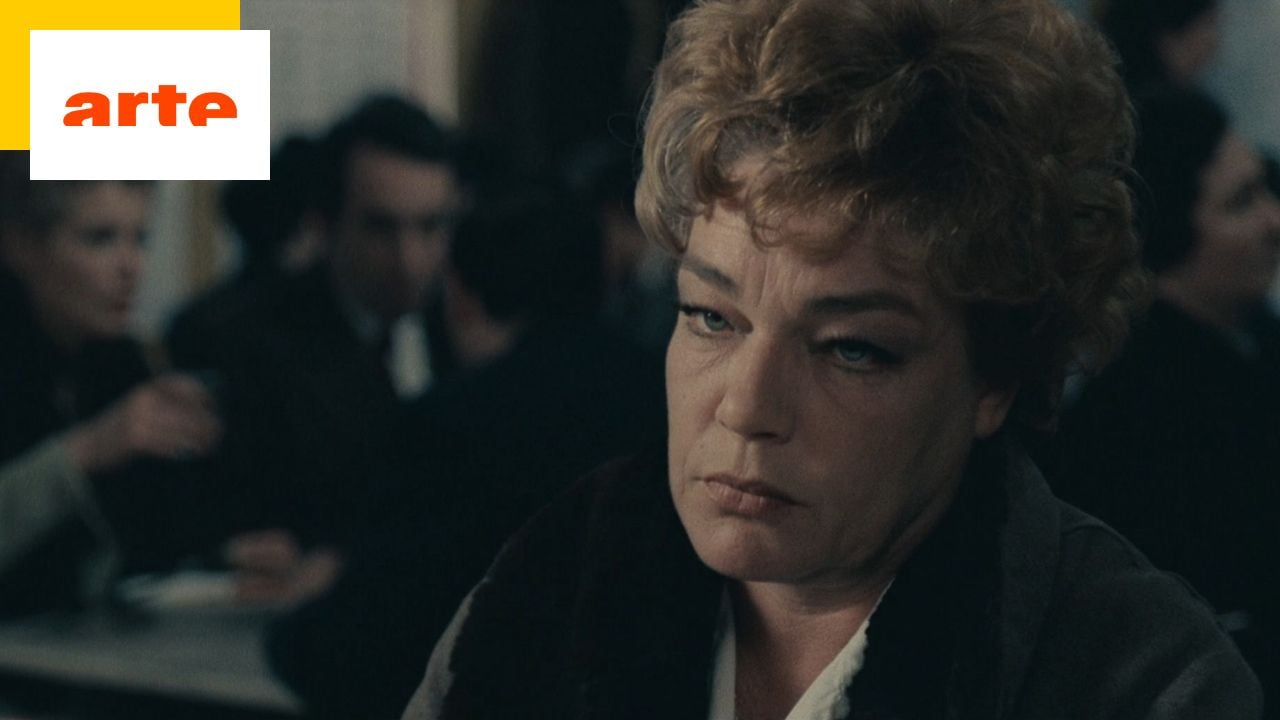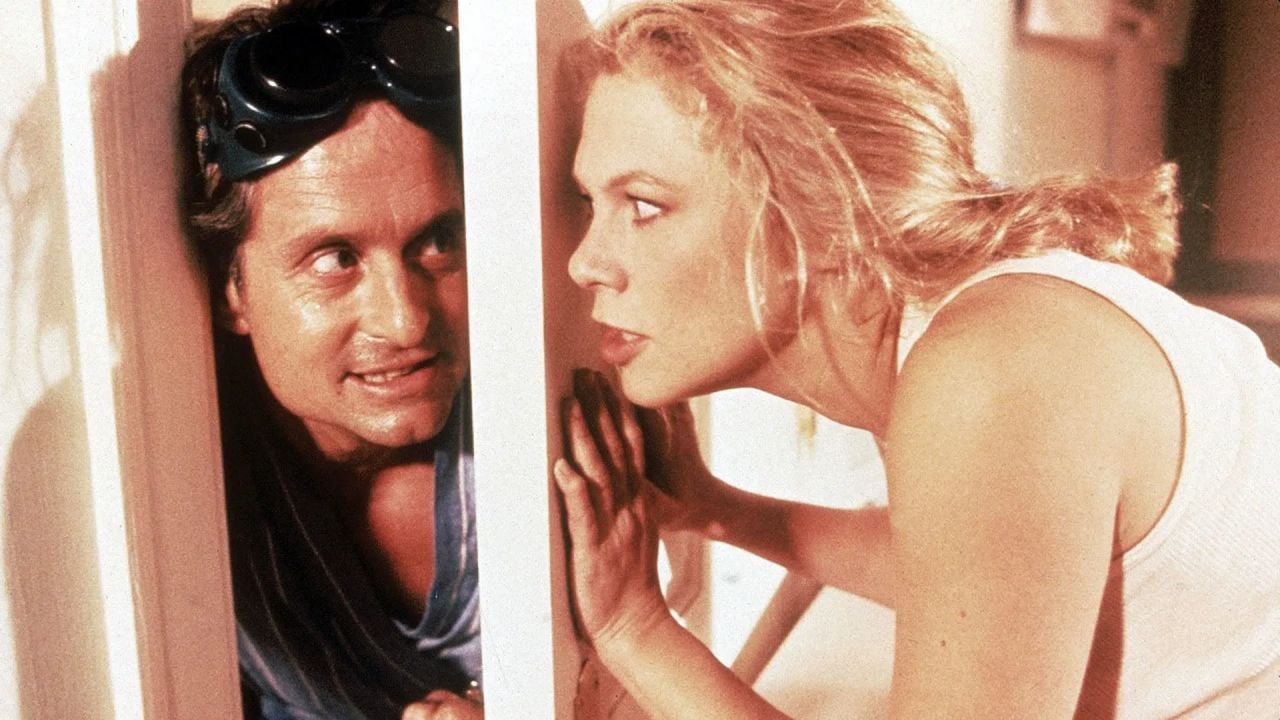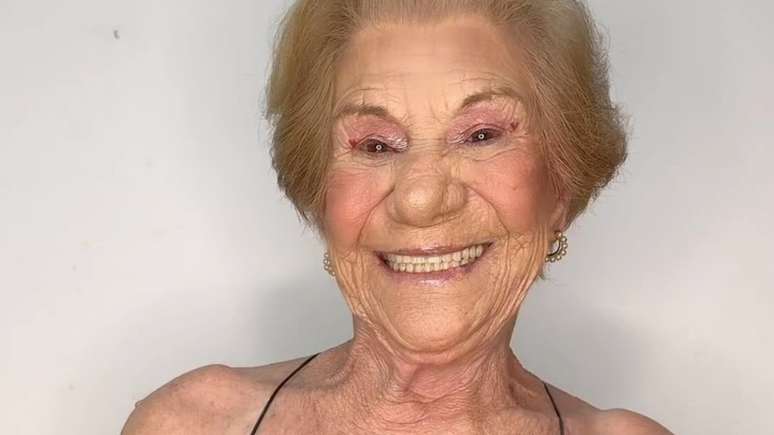October 1942. Suspected of Gaullist sympathies, Philippe Gerbier, Ponts et Chaussées engineer, is interned in a prison camp in the Free Zone. As he prepares his escape in the company of Legrain, a communist who shares his barracks, Gestapo agents take him to the Hotel Majestic in Paris for questioning. But he manages to escape…
Joining the Free French in London in 1942, it took almost a quarter of a century for Jean-Pierre Melville to bring to the screen Joseph Kessel’s novel of the same name, based on the testimonies of resistance fighters collected while in exile in London and appearing in Algeria. in 1943.
Released in 1969, when the country was still in the convulsions of May 1968, Shadow Army is one of the great films that evokes the period of resistance and occupation. Filmed with absolutely unflinching austerity and coldness, the film takes the fabulous cast of actors very far. Lino Ventura, of course, as Gerbie. But also Jean-Pierre Cassel, Paul Krauchet, Claude Mann, Paul Meuris. And of course Simone Signoret, a female figure sacrificed to the life-and-death struggle waged by the Resistance itself.
A comprehensive and testament to a period film that deeply moves Joseph Kessel when he sees it for the first time in previews. His emotion at the end of the show is one of my strongest memories. explained Jean-Pierre Melville in a 1971 interview with Portuguese writer and journalist Rui Nogueira.
“When he read the last words announcing the death of four characters, he sobbed uncontrollably. He didn’t expect this four-line epitaph, which he didn’t write in his work and which I didn’t put in the script.” .
An actor plagued by doubts
Not only was the atmosphere on the set icy between Lino Ventura and the filmmaker, the actor’s displeasure over the incident on the set of The Second Wind remained. “That authoritarian side sometimes got him into fights with some actors. There was a lot of respect for Simone Signore, he couldn’t terrorize him like he did with some.” said Bertrand Tavernier in an excellent documentary dedicated to the film, available on the film’s Blu-ray. Still, it seems the director wasn’t entirely displeased with the actor’s bullying.
Jean-Pierre Cassel also called the actor in his memoirs: “When we had to shoot the scene where I go to his house to get him a radio, Jean-Pierre came into my make-up room and said, ‘Okay, we’re shooting with Simone today. you saw? He is very, very scared. Don’t rush, we won’t shoot the scene until 4 o’clock. You’ll see, we’ll go to the set, sort out the plan, and he’ll ask me: “And if we had some whiskey Jean-Pierre?”
The actor, who was 48 at the time, was suffering from alcoholism, which caused him to age prematurely. He considered himself to be less in demand professionally, was going through a difficult phase of his life and constantly doubted himself. It seems that Melville did not always find it easy to convince him.
In the last sequence of the film, where his comrades shot him to death in the street, he did not know how to play the scene, nor how he should look in front of those who came to shoot him.
Then he turned to Melville and said, “Jean-Pierre, what am I doing here? He looked at her and said, “How, what do you mean?” But did he betray them or not?” he asked. He replied as if he had been challenged by the inconsistency. “Why are you asking me a question? I do not know ! If I cheated on you, you know it. If he didn’t betray you, you know. You have a conscience.
Now we come to take your picture. I don’t know if you think it’s fair or not. Show me. And there he drops the “engine!” Simone does something incredible because ultimately we don’t know. The plan is very vague” Jean-Pierre Cassel remembered.
In his memoirs published in 1975, Nostalgia ain’t what it used to beThe actor will return to experience. “As we pass the four boys in the car, there is a look between Matilda and her friends: she realizes that they are going to shoot her. If Melville had not spoken to me, before he had spoken, I Of course, he would not have such a face: surprise, fear and understanding at the same time … This is how he led, Melville: a word thrown into the conversation, a terrible hint!

An elegant tribute to the filmmaker, to a professional relationship that was not born under the best auspices. Five years earlier, Melville and Signore were to make a film together, Stillborn. “I did photo tests, makeup, etc… and then it didn’t happen, for reasons I don’t want to go back to” Signore responded with great sincerity when interviewed in a popular program Sunday guestin 1969. “We’ve been cold like that for five years. And like all good people who’ve been cold at some point, there’s still a kind of great love.”
Source: Allocine
Rose James is a Gossipify movie and series reviewer known for her in-depth analysis and unique perspective on the latest releases. With a background in film studies, she provides engaging and informative reviews, and keeps readers up to date with industry trends and emerging talents.



![Tomorrow belongs to us: What awaits you in the episode of August 29, 2020, 2020 [SPOILERS] Tomorrow belongs to us: What awaits you in the episode of August 29, 2020, 2020 [SPOILERS]](https://fr.web.img6.acsta.net/img/51/c7/51c72d2f42c8a12290ae58aeb9072b31.jpg)



